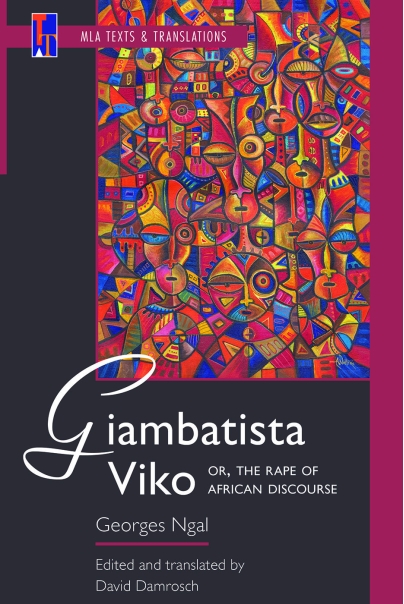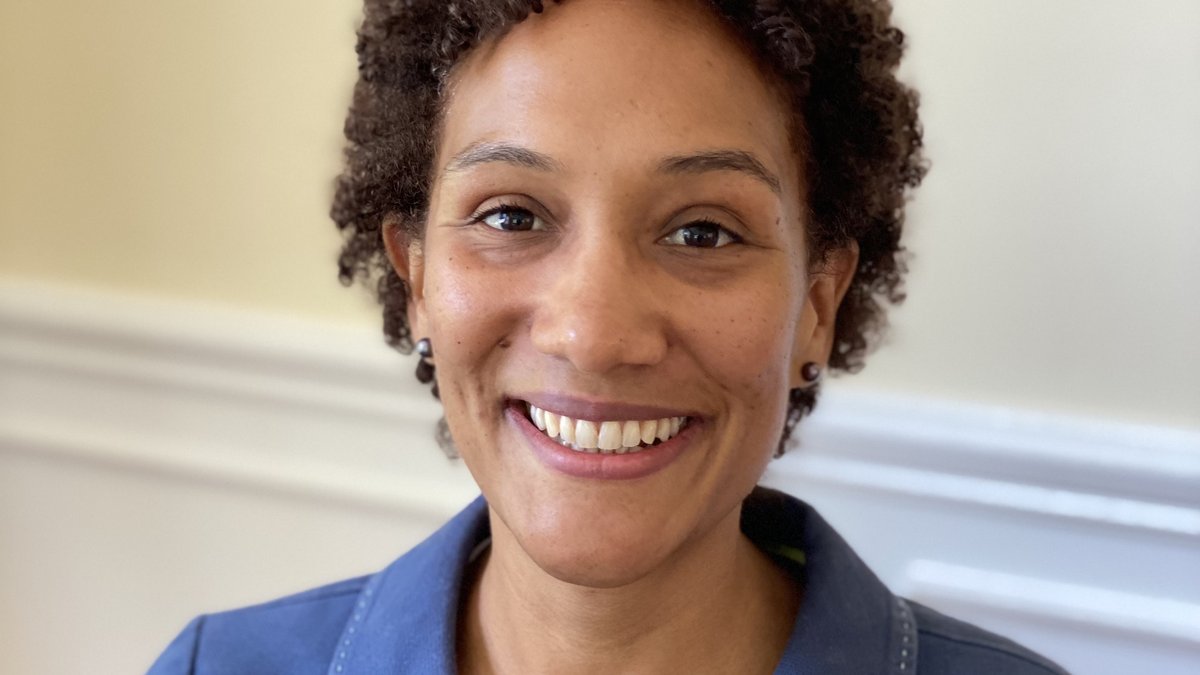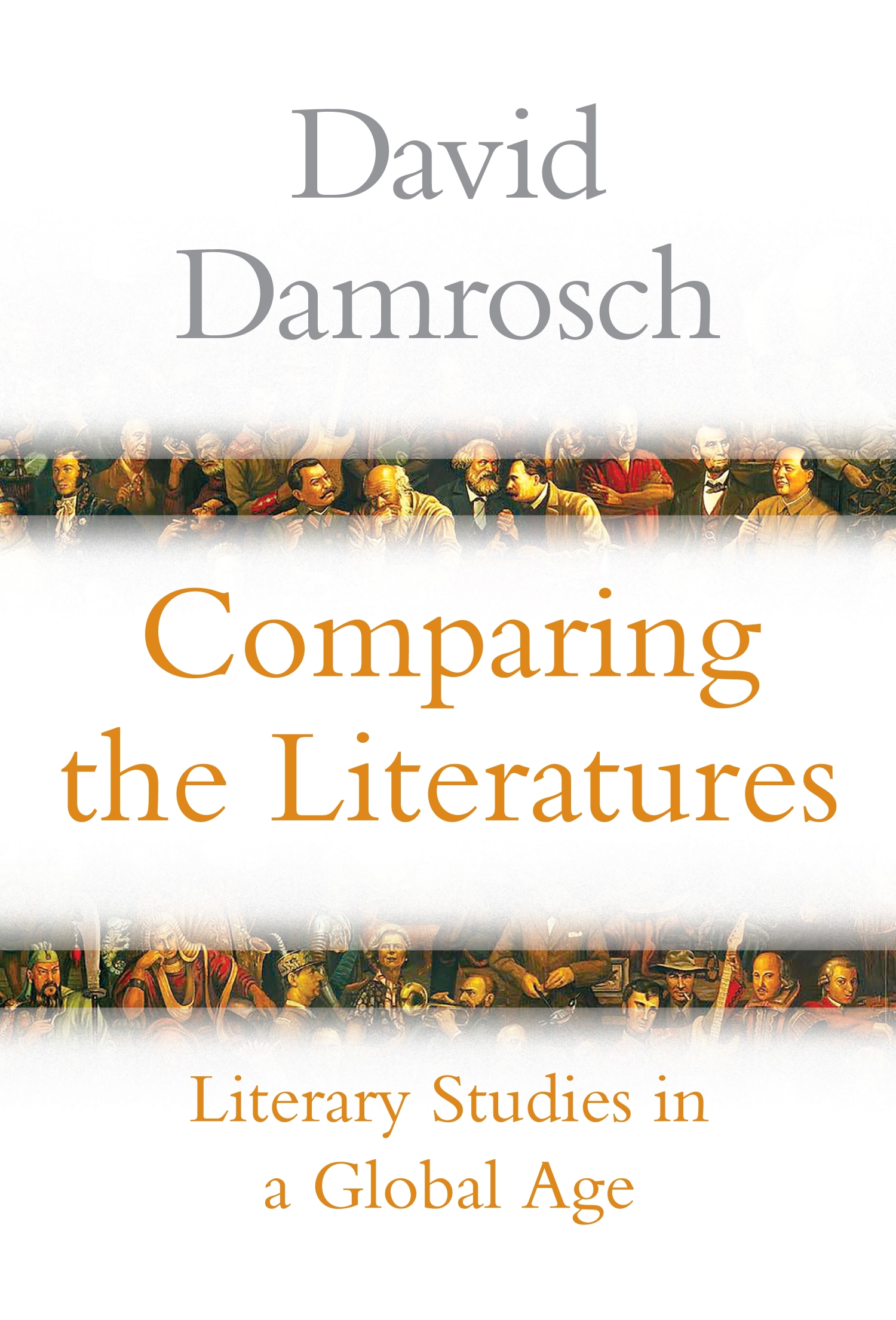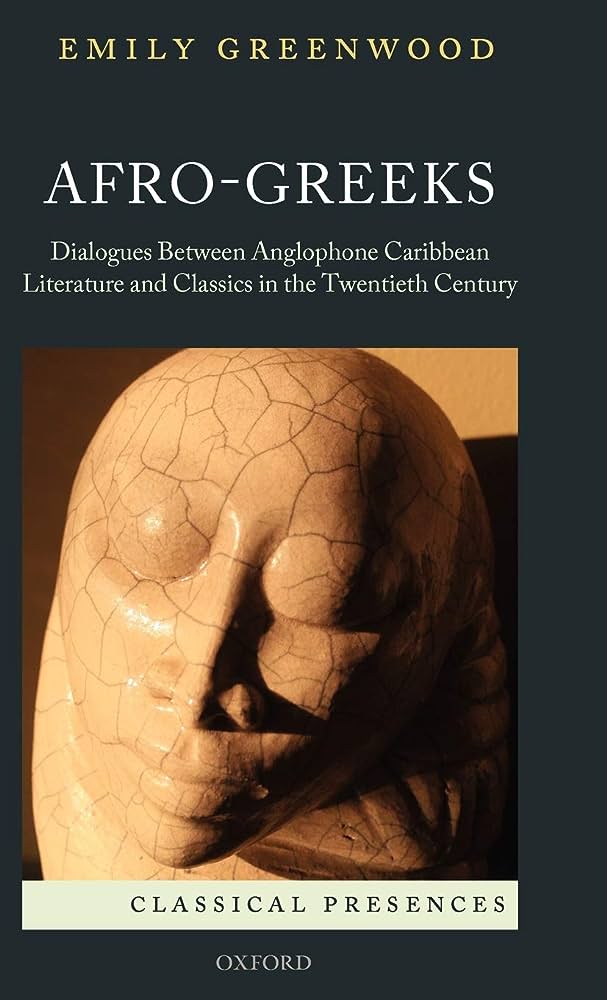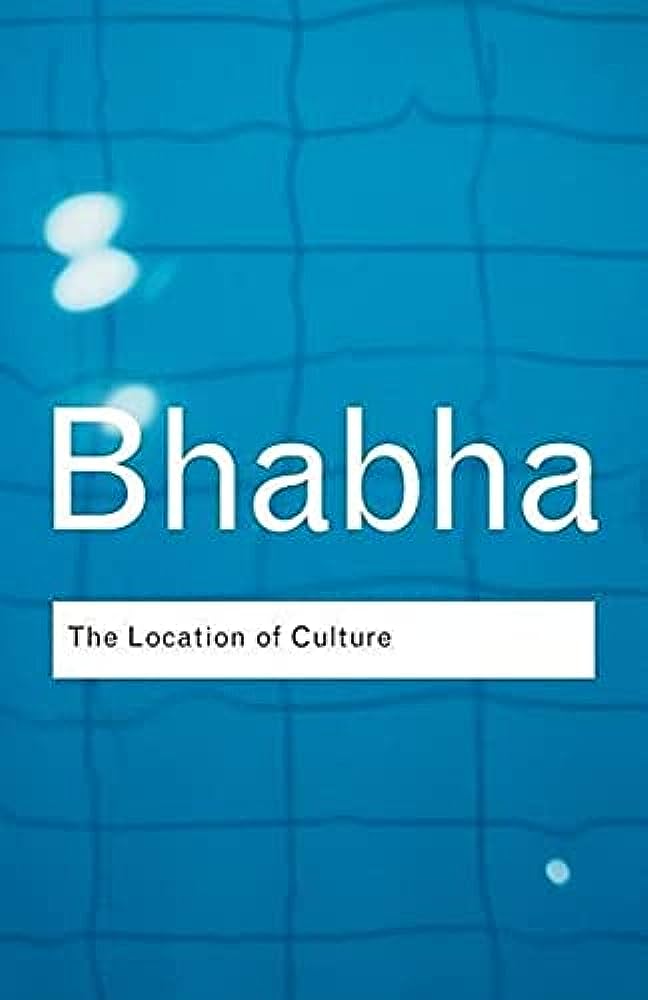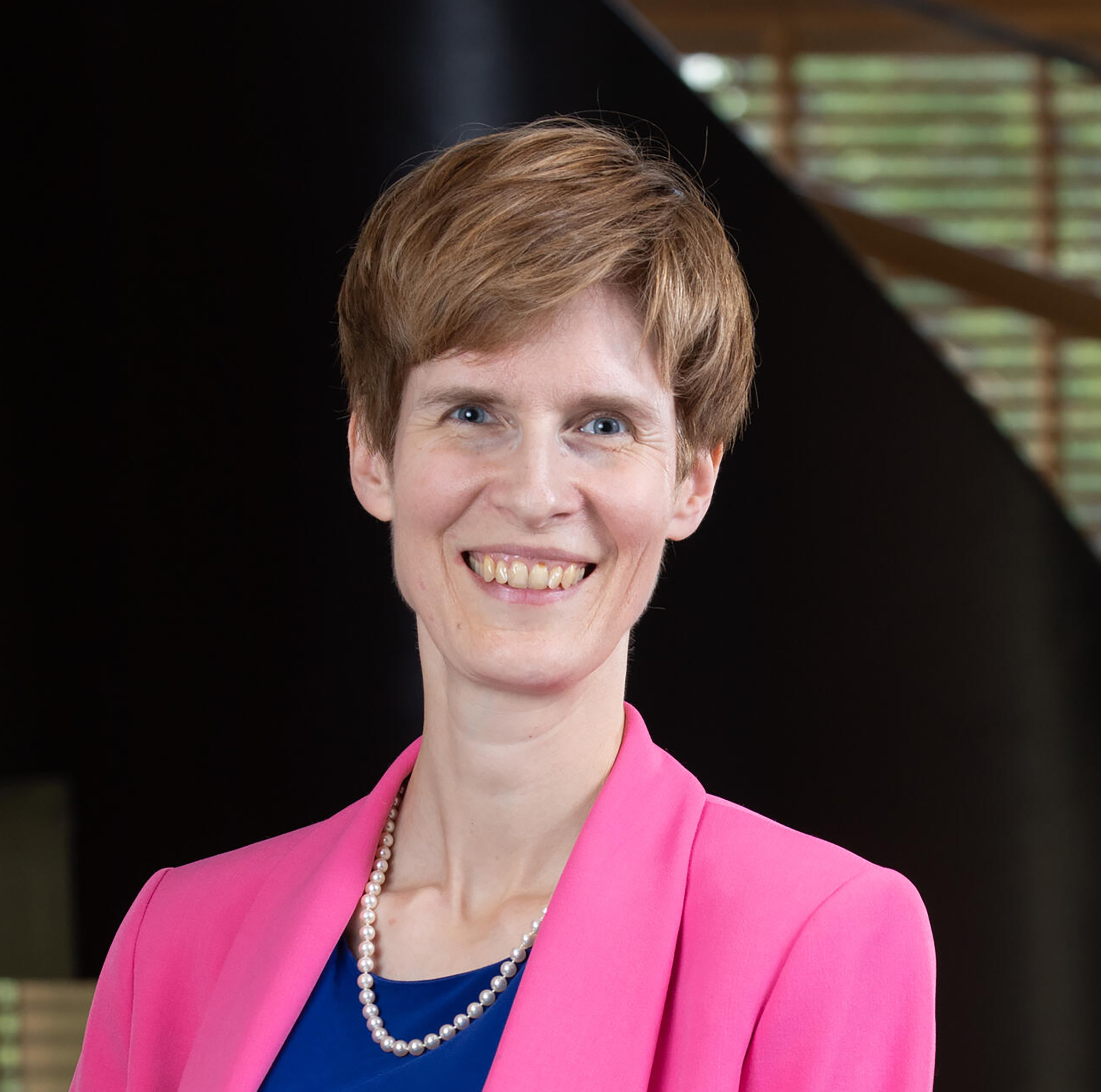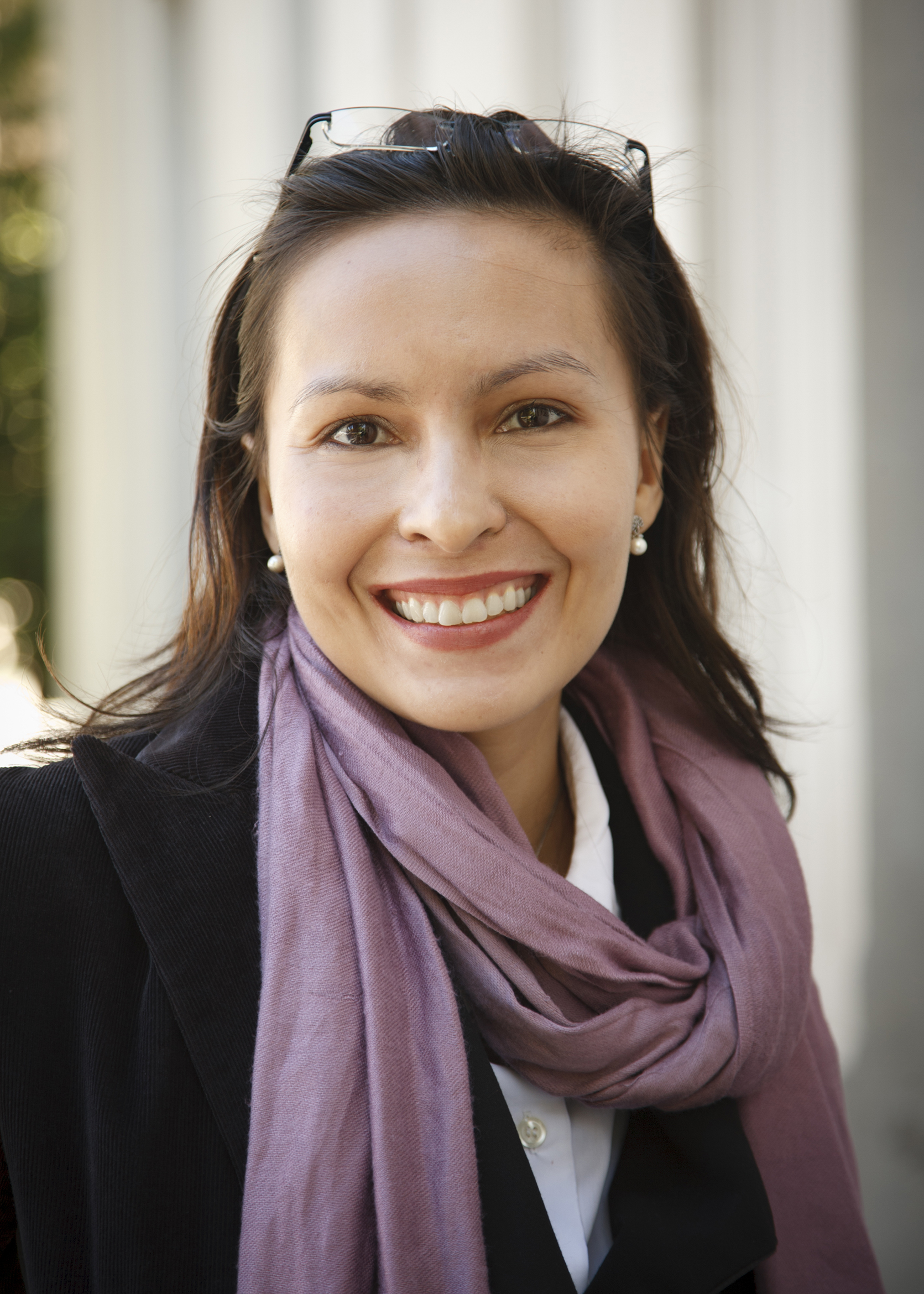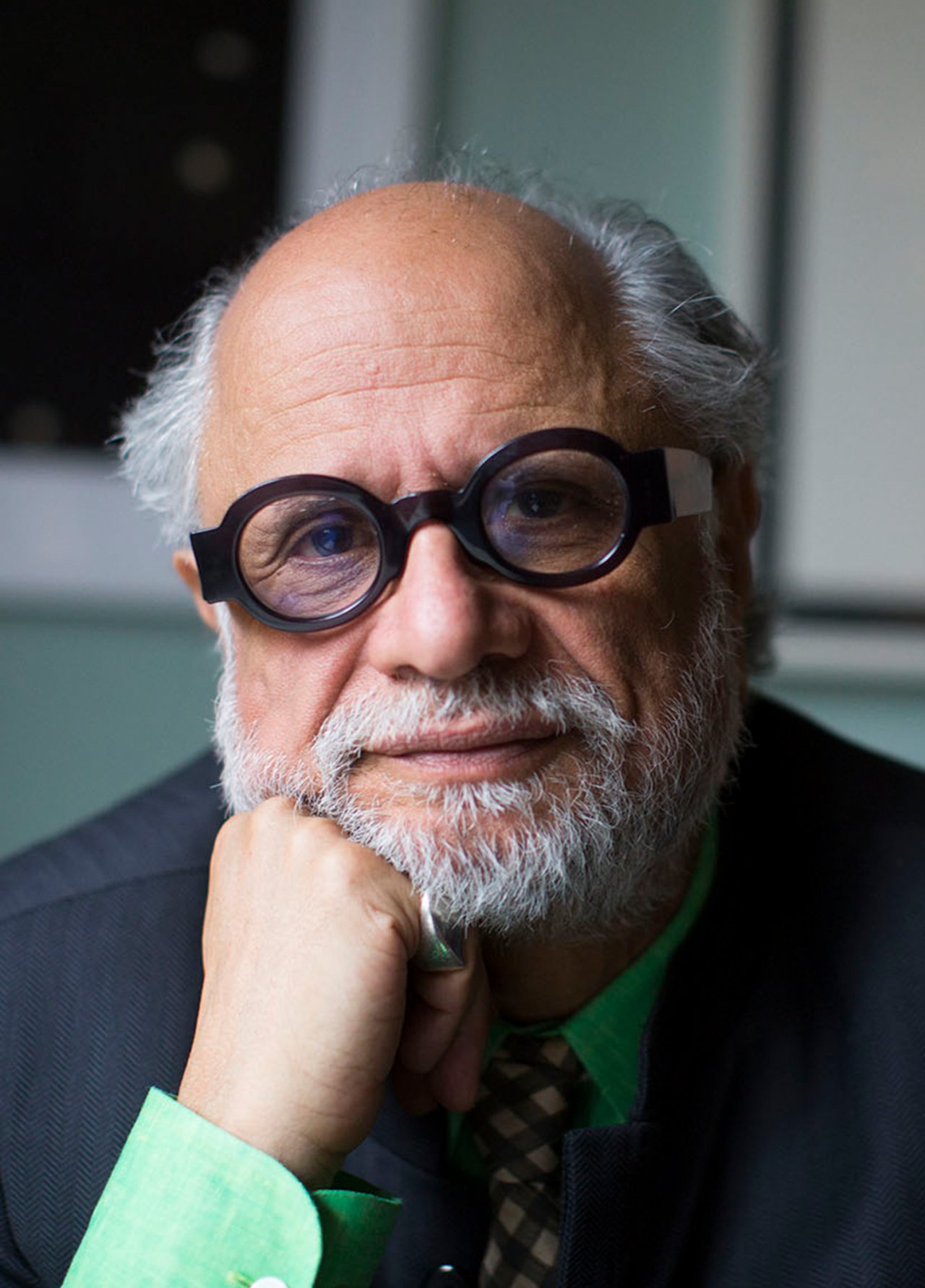Georges Ngal’s pathbreaking satire Giambatista Viko explores the vexed relations between metropolitan centers and peripheral former colonies through its titular antihero, an African professor at an African studies institute divided between European-focused cosmopolitans and Africanists. Struggling to write the great African novel and subject to abuse, Viko realizes he can no longer separate the African and the European parts of his multilayered, African francophone culture. Viko’s fate is a warning about the perils of artistic creation in a world where power is not shared. Part of the wave of African novels of the 1960s and 1970s that grappled with the disenchantments of decolonization, Giambatista Viko can be read at once as a Congolese novel, a francophone novel, and a work of world literature.

